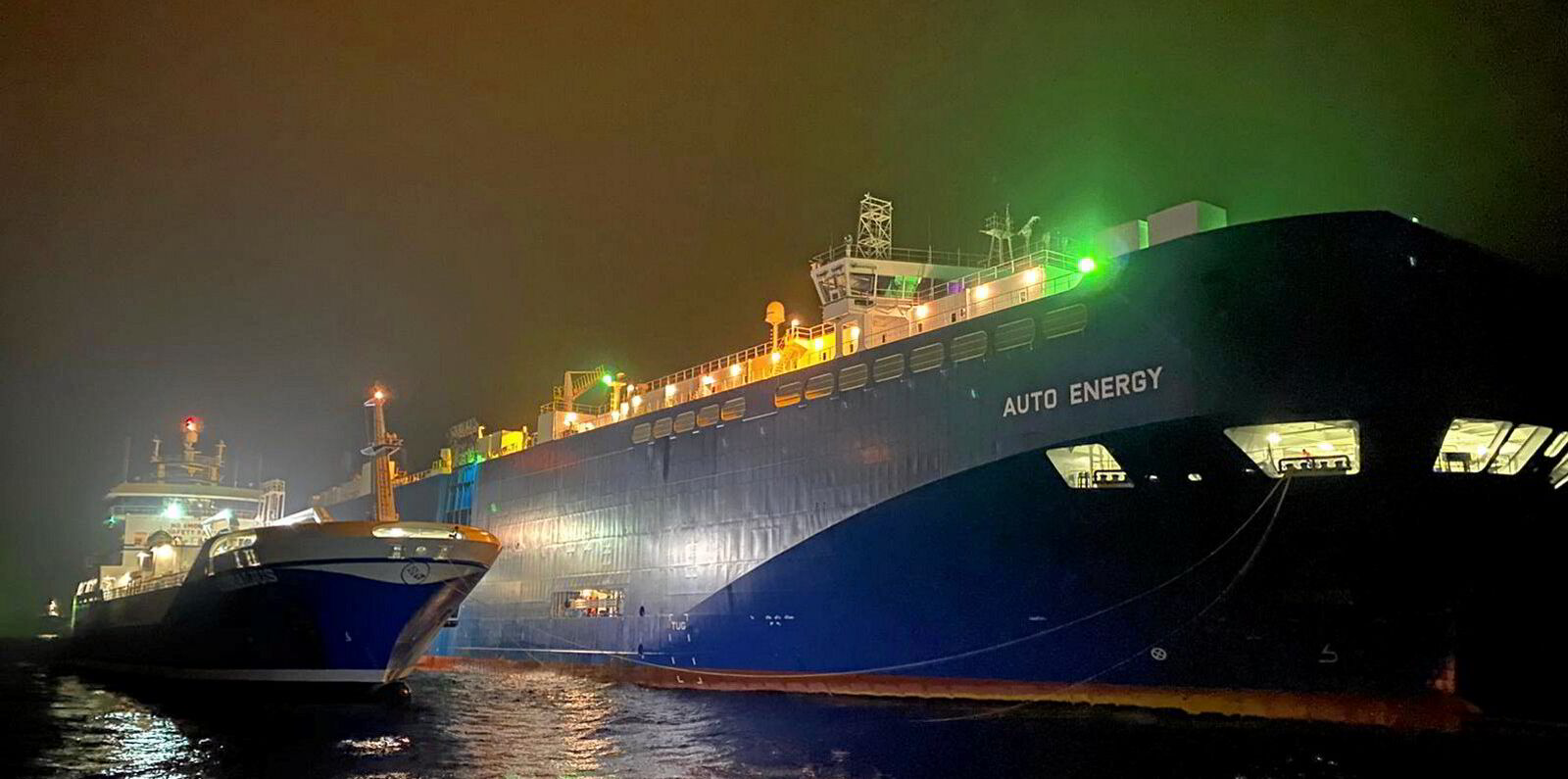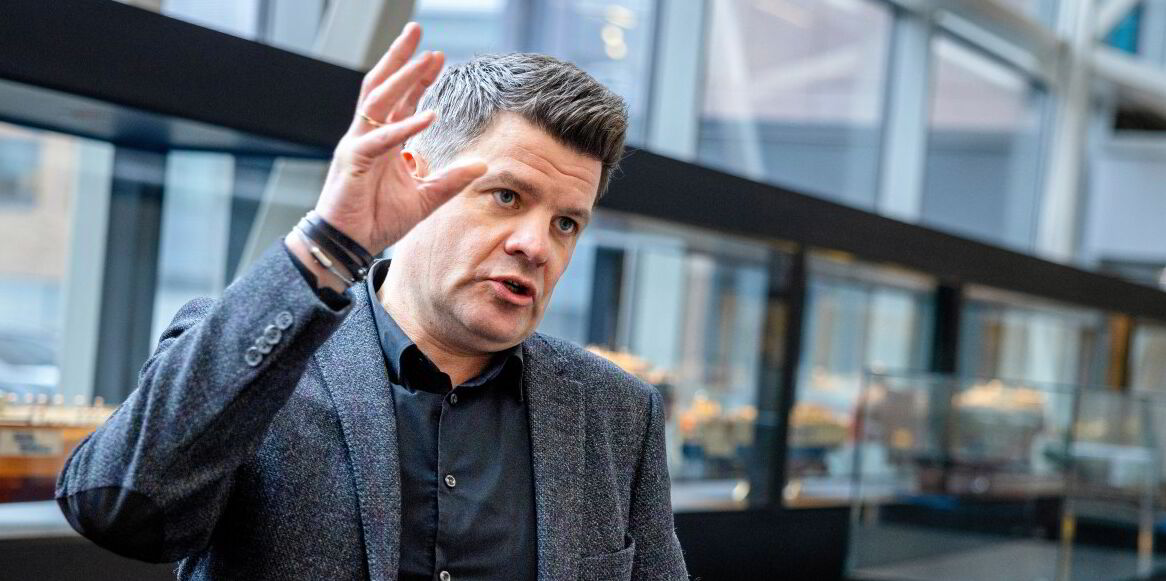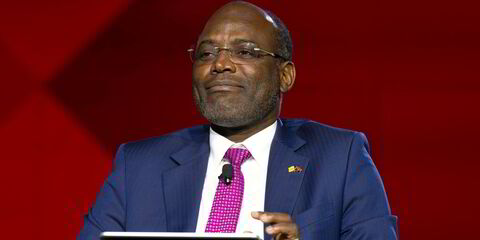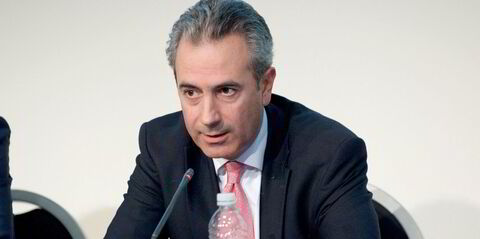United European Car Carriers (UECC) is heading to China for as many as four LNG- and battery-powered car carriers.
On Wednesday, the Oslo-based short-sea ro-ro specialist announced a deal to build two of the 4,500-ceu vessels at China Merchants Jinling Shipyard Nanjing for delivery in 2028 with options for two more.
UECC chief executive Glenn Edvardsen said: “We believe this contract will be a solid foundation for a strong and mutually beneficial relationship” with the shipyard.
“Future-proofing of newbuilds is a cornerstone of our sustainability strategy. These [pure car and truck carriers] are therefore designed with advanced technologies to enhance fuel efficiency and reduce emissions, while being adaptable to accommodate future innovations and regulatory changes,” Edvardsen said.
Financial details of the agreement were not disclosed, but VesselsValue estimates a 4,000-ceu newbuilding as worth $77.8m.
UECC’s fleet already boasts three vessels that can run on LNG or batteries: the 3,600-ceu Auto Advance (built 2021), Auto Achieve and Auto Aspire (both built 2022).
Two others, the 4,000-ceu Auto Eco and Auto Energy (both built 2016), run on either conventional fuel or LNG.
The company said those three vessels are already in compliance with the International Maritime Organization’s 2030 target of a 40% reduction in carbon intensity and that it is already in a compliance surplus with the incoming FuelEU Maritime regulations.
“There is still a long way to go to reach net zero. These newbuilds will further strengthen one of the most environment-friendly fleets in the industry and enable us to realise our sustainability ambitions,” Edvardsen said.
The NYK Line-Wallenius Lines joint venture trades its entire 14-ship fleet in Europe, mainly focused on North Sea ports but also running north-south service that calls on several stops in the Mediterranean Sea with five ships.
One of those, the 6,600-ceu Auto Way (built 2006) was added this month after its acquisition by Wallenius Lines from Hoegh Autoliners.
That deal, announced in September, teased another potential vessel acquisition this year.
Back then, it said the ship would be operated with a significant use of biofuels.




